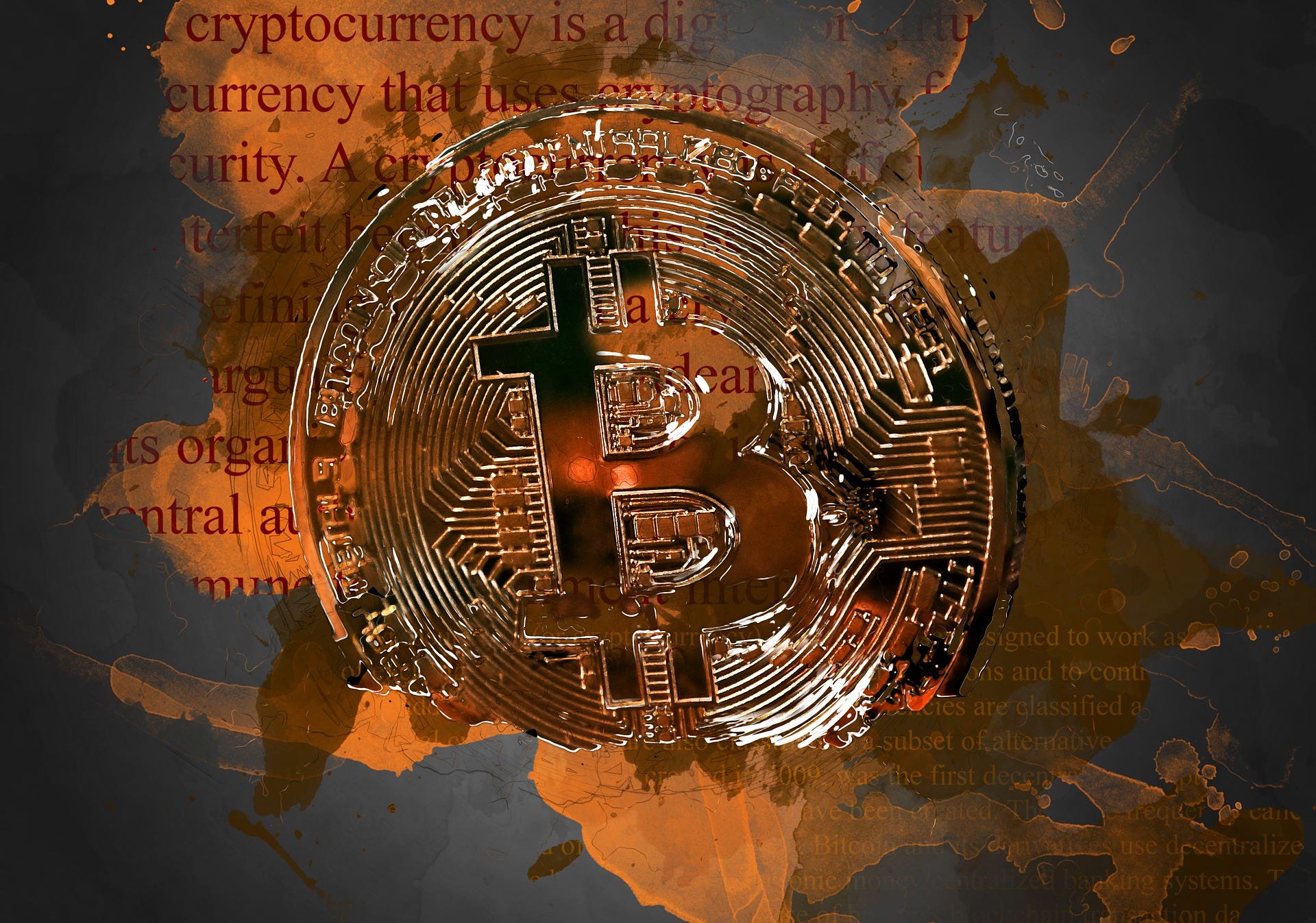PALO ALTO, Calif. (Reuters) - The Federal Reserve is looking at a broad variety of problems around digital payments and currencies, including policy, style and legal considerations around potentially providing its own digital currency, Governor Lael Brainard stated on Wednesday. Brainard's remarks recommend more openness to the possibility of a Fed-issued digital coin than in the past." By changing payments, digitalization has the prospective to provide greater value and convenience at lower expense," Brainard said at a conference on payments at the Stanford Graduate School of Service.
Reserve banks globally are discussing how to manage digital financing innovation and the dispersed ledger systems utilized by bitcoin, which guarantees near-instantaneous payment at possibly low cost. The Fed is establishing its own round-the-clock real-time payments and settlement service and is currently evaluating 200 remark letters submitted late last year about the proposed service's style and scope, Brainard said.
Less than 2 years ago Brainard told a conference in San Francisco that there is "no compelling demonstrated requirement" for such a coin. However that was before the scope of Facebook's digital currency aspirations were commonly known. Fed authorities, consisting of Brainard, have actually raised concerns about consumer protections and data and privacy Have a peek at this website dangers that could be positioned by a currency that could enter into use by the 3rd of the world's population that have Facebook accounts.
" We are working together with other central banks as we advance our understanding of reserve bank digital currencies," she stated. With more countries checking out providing their own digital currencies, Brainard said, that adds to "a set of factors to also be making certain that we are that frontier of both research and policy development." In the United States, Brainard said, problems that need study include whether a digital currency would make the payments system more secure or easier, and whether it might posture financial stability dangers, consisting of the possibility of bank runs if cash can be turned "with a single swipe" into the reserve bank's digital currency.
To counter the monetary damage from America's unprecedented nationwide lockdown, the Federal Reserve has taken extraordinary steps, consisting of flooding the economy with dollars and investing straight in the economy. The majority of these moves got grudging approval even from many Fed skeptics, as they saw this stimulus as required and something only the Fed could do.
My brand-new CEI report, "Government-Run Payment Systems Are Unsafe at Any Speed: The Case Against Fedcoin and FedNow," details the risks of the Fed's current prepare for its FedNow real-time payment system, and propositions for main bank-issued cryptocurrency that have actually been dubbed Fedcoin or the "digital dollar." In my report, I go over issues about personal privacy, information security, currency control, and crowding out private-sector competition and innovation.
Proponents of FedNow and Fedcoin say the government should develop a system for payments to deposit quickly, rather than encourage such systems in the economic sector by lifting regulatory barriers. But as noted in the paper, the economic sector is supplying a relatively endless supply of payment innovations and digital currencies to fix the problemto the degree it is a problemof the time space in between when a payment is sent out and when it is gotten in a checking account.
And the examples of private-sector innovation in this area are many. The Clearing Home, a bank-held cooperative that has been routing interbank payments in buy fedcoin different kinds for more than 150 years, has actually been clearing real-time payments given that 2017. By the end of 2018 it was covering half of https://www.openlearning.com/u/wentzell-qoc4lb/blog/FedGovernorSaysCentralBankWillPartnerWithMitOn/ the deposit base in the U.S.
